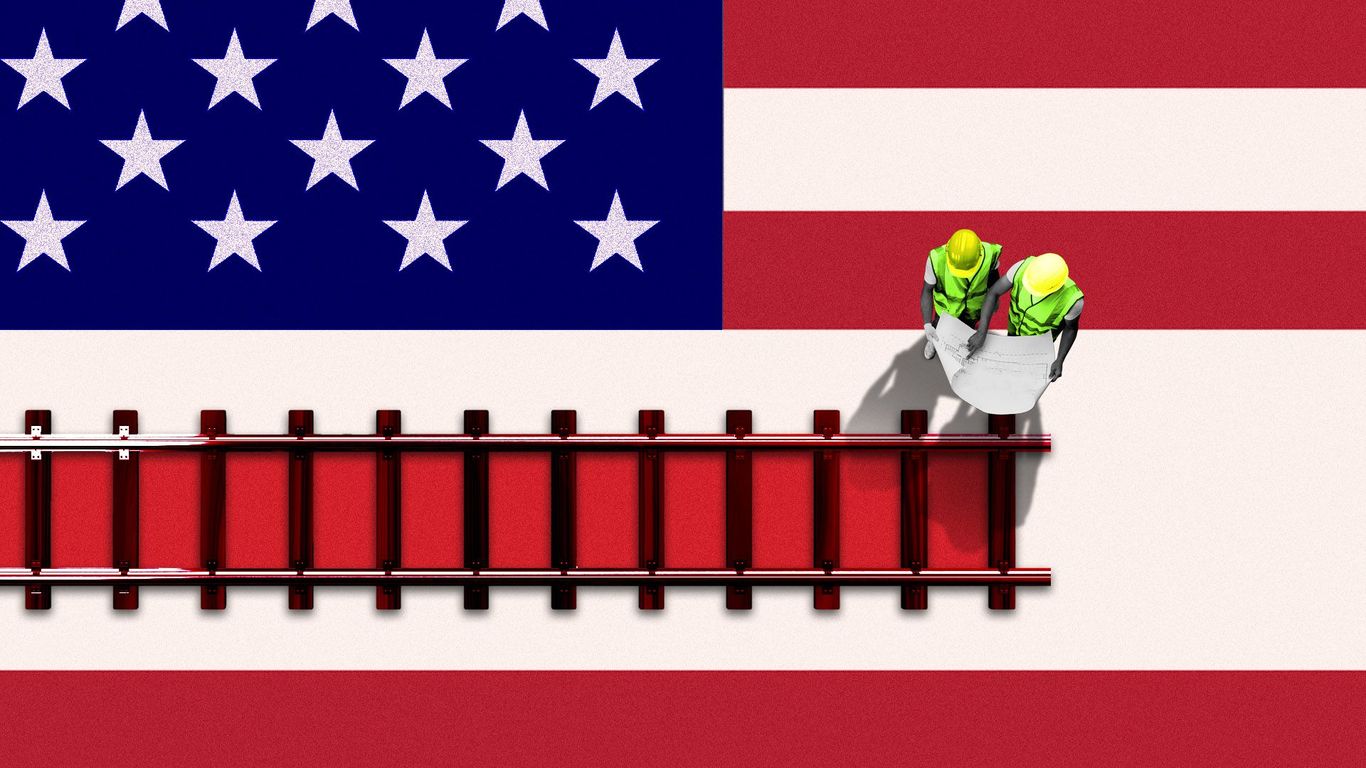That's like #4 on the list. Pay not matching inflation, health care costs wiping out pay increases, and one man crews. Thats what the strike is about.
The sick days you mentioned is a direct result of people already leaving and them forcing the remaining workers to cover the losses.
Working conditions — even more than pay — are at issue

www.axios.com
No it's not. They got like a 22% pay raise.
What's happening: The two largest unions, which represent about half of all the railway workers, are holding out for better terms. The other 10 unions (representing the other half) have signaled support for the current deal.
Still, it's not clear if rank-and-file members, who still have to vote on the deal, would support it: "From what I see at the shop, it's an overwhelming 'no,'" says the machinist.
He noted that his employer doesn't offer workers any paid sick time; only unpaid time off (which comes with penalties for overuse). BNSF said in a statement that train crew get paid vacation and personal leave days.
While some close to the deal talks expressed optimism, others issued warnings: "I frankly think there's a high degree of likelihood that there is going to be a strike on Friday. And this will be unprecedented in our country's history," says one industry source, speaking on condition of anonymity as talks continue.
The holdouts: The Brotherhood of Locomotive Engineers and Trainmen, and The SMART Transportation Division say in statements that they need paid sick leave and better policies around work hours, before they sign onto the deal, according to a recent statement.
Workers are penalized — even fired — for taking sick time or visiting the doctor, the unions said in a joint statement Sunday.






